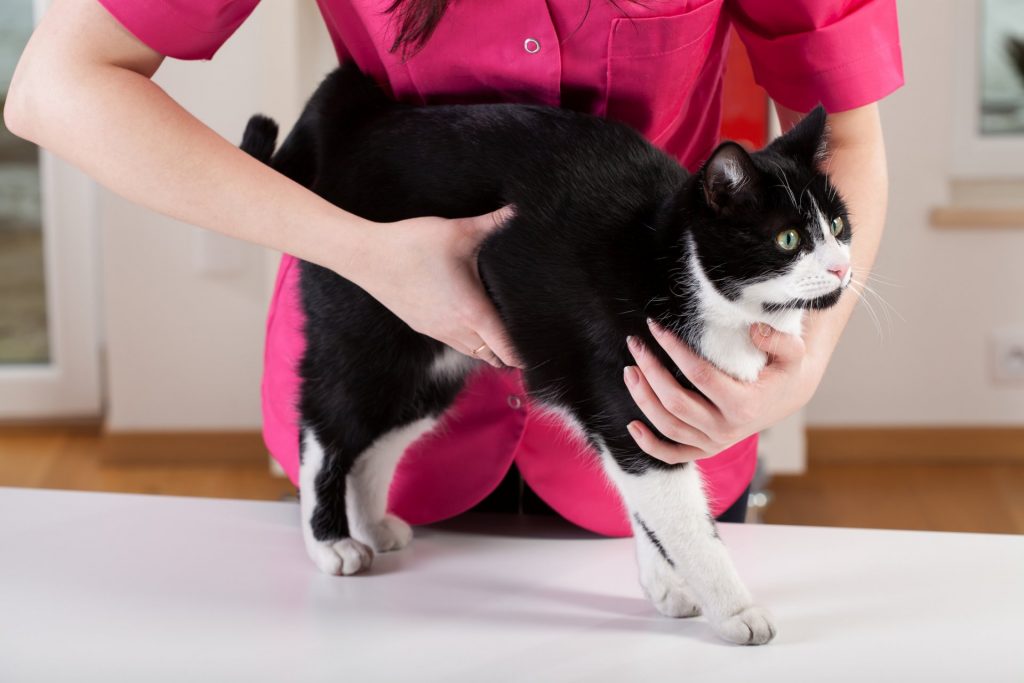Why vaccinate?
There are multiple infectious diseases in Australia that can make your animal very sick. Vaccinations provide immunity to these diseases and should be completed from when they are young (see the protocol below). The more people that vaccinate their animals, the lower the prevalence of disease. So, by vaccinating your animal, you are not only helping them but also all of the other animals as well!
What diseases we vaccinate for – cats
Feline Enteritis > (Panleucopaenia virus) a severe virus that causes a decrease in white blood cells leading to increased susceptibility to infection and gastrointestinal signs.
Feline Rhinotracheitis > a herpesvirus that causes chronic respiratory and ocular signs.
Feline Calicivirus > a respiratory disease that can cause chronic oral ulcerations and similar signs to herpesvirus.
What diseases we vaccinate for – dogs
Distemper > a virus spread by bodily fluids causing respiratory, gastrointestinal and neurological symptoms. It is rapidly fatal.
Infectious Hepatitis > a deadly virus that affects the body’s main organs and causes fever, uncontrolled bleeding and low white blood cells.
Parvovirus > this is a gastrointestinal virus that causes severe vomiting and diarrhoea (including bloody faeces) which in most cases proves fatal.
Kennel cough (Bordatella Bronchiseptica) and Canine Parainfluenza Virus > These are respiratory diseases that cause hacking coughs and can potentially lead to secondary bacterial infections and lower respiratory tract involvement. Vaccinating for respiratory disease in dogs does not stop the dog getting the disease, but it drastically reduces their clinical signs. The intranasal form of this vaccination provides rapid immunity (within 72 hours) and thus many boarding kennels prefer this route of administration.
| Dogs | 6-8 weeks old | Nobivac DHP |
|---|---|---|
| 10-12 weeks old | Nobivac DHP + Nobivac BB/Pi | |
| 14-16 weeks old | Nobivac DHP + Nobivac BB/Pi | |
| Annually | Nobivac BB/Pi | |
| Triannually | Nobivac DHP | |
| Cats | 6-8 weeks old | Tricat F3 |
| 10-12 weeks old | Tricat F3 | |
| 14-16 weeks old | Tricat F3 | |
| Annually | Ducat F2 | |
| Triannually | Tricat F3 |
Optional vaccines are also available e.g. FIV, Rabies or FeLV. Please speak to your vet about what is best for your pet.
When do we update our vaccine protocols?
Vaccination protocols are reviewed annually to ensure we are up to date with World-wide protocols.
Early 2018 we changed our vaccination protocol. Our decision to do this is based on:
- The most recent findings and recommendations from the World Small Animal Veterinary Association.
- Scientifically based evidence provided by our primary vaccine supplier, MSD.
- Our local knowledge and prevalence of the vaccine-preventable diseases in the area.
- Providing a delicate balance between reducing vaccine frequency whilst also providing adequate immunity to the core vaccine-preventable diseases.
If you are interested in reducing the number of vaccines your pet gets please speak to our vets about Titre testing.



